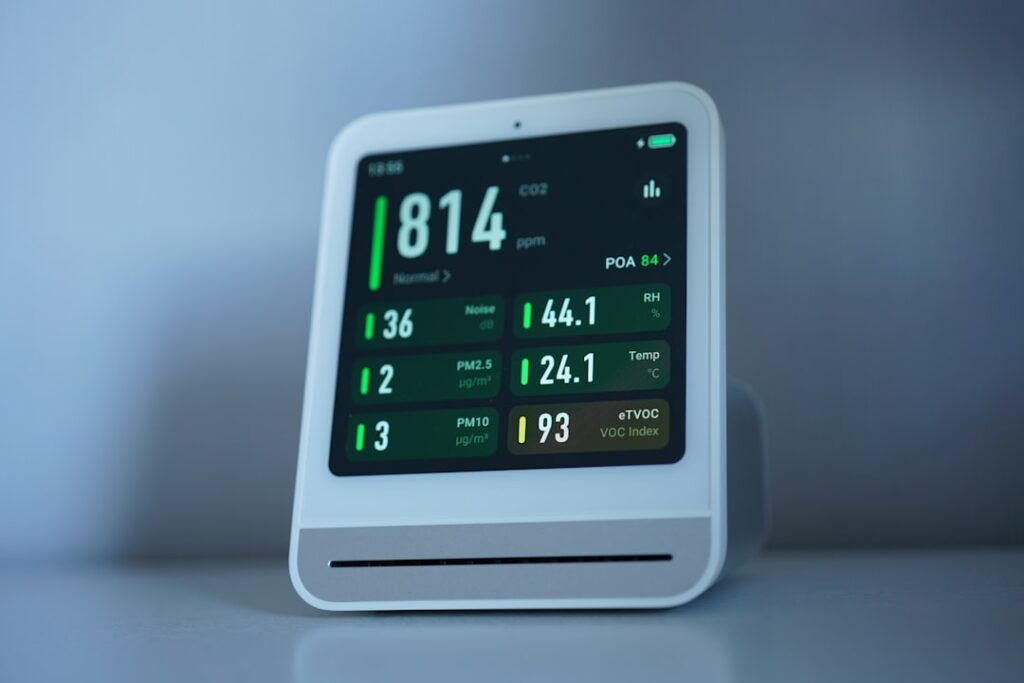AI Tools for HealthTech: Transforming Health Monitoring Applications
In recent years, the adoption of AI health monitoring applications has revolutionized the healthcare landscape. These innovative tools are making it possible for healthcare providers to deliver personalized and efficient care. By harnessing the power of artificial intelligence, patients can experience more accurate monitoring of their health, leading to timely interventions and better outcomes.
What are AI Health Monitoring Applications?
AI health monitoring applications utilize algorithms and machine learning to analyze health data and provide real-time insights. This technology has the potential to transform traditional healthcare practices into more responsive and proactive systems. By continuously monitoring various health metrics, these applications can identify anomalies and alert users or healthcare providers, thus enhancing patient care.
Key Features of AI Health Monitoring Applications
- Real-Time Data Analysis: Continuous tracking of vital signs and health metrics.
- Predictive Analytics: Anticipating potential health issues before they escalate.
- Personalized Health Recommendations: Tailored suggestions based on individual health data.
- User-Friendly Interfaces: Intuitive designs that simplify user interactions.
Benefits of Utilizing AI Tools in HealthTech
The integration of AI tools in HealthTech offers several compelling benefits that transform healthcare delivery.
Improved Patient Engagement
AI health monitoring applications encourage individuals to take charge of their health proactively. By providing users with real-time data and personalized recommendations, patients can stay informed and engaged in their health journey.
Enhanced Accuracy and Efficiency
AI-driven applications minimize human error in data interpretation. With advanced algorithms, these tools ensure higher accuracy in monitoring health conditions, thus allowing healthcare professionals to make better-informed decisions quickly.
Types of AI Health Monitoring Applications
Various AI health monitoring applications are available, each serving different aspects of health management.
Wearable Devices
Wearables such as smartwatches and fitness trackers are among the most popular AI health monitoring applications. These devices track various health metrics, including heart rate, sleep patterns, and physical activity levels. The data collected can be analyzed to provide valuable insights into a user’s health status.
Mobile Health Apps
Mobile health applications are designed to assist users in managing their health daily. These apps can track medication, offer reminders for health checks, and provide continuous health monitoring through smartphone cameras or external devices.
Challenges in Implementing AI Health Monitoring Tools
While AI health monitoring applications offer tremendous potential, there are several challenges associated with their implementation.
Data Privacy Concerns
Maintaining patient confidentiality and data integrity is paramount. Users must trust that their personal health data is secure when using AI applications.
Integration with Existing Systems
Integrating AI health tools with existing healthcare systems can be complex. Proper infrastructure is essential for ensuring seamless operation and communication between AI applications and traditional healthcare practices.
The Future of AI in HealthTech
The future of AI health monitoring applications looks promising as technology continues to evolve. Innovations in artificial intelligence, machine learning, and data analytics will enhance their capabilities.
Expanding Accessibility
As these tools become more advanced and user-friendly, accessibility will improve, allowing more individuals to benefit from AI health applications regardless of their location or condition.
Collaborative Healthcare Models
The integration of AI will foster collaborative healthcare models involving patients, providers, and researchers. This collaboration will ensure that innovations are user-centric and focus on improving health outcomes.
Conclusion
Overall, AI health monitoring applications are transforming the way healthcare is delivered. By leveraging these innovative tools, both patients and healthcare providers can benefit from enhanced engagement, accuracy, and efficiency. As technology continues to advance, the potential for AI tools in HealthTech will expand further, paving the way for healthier lives and improved patient outcomes.


